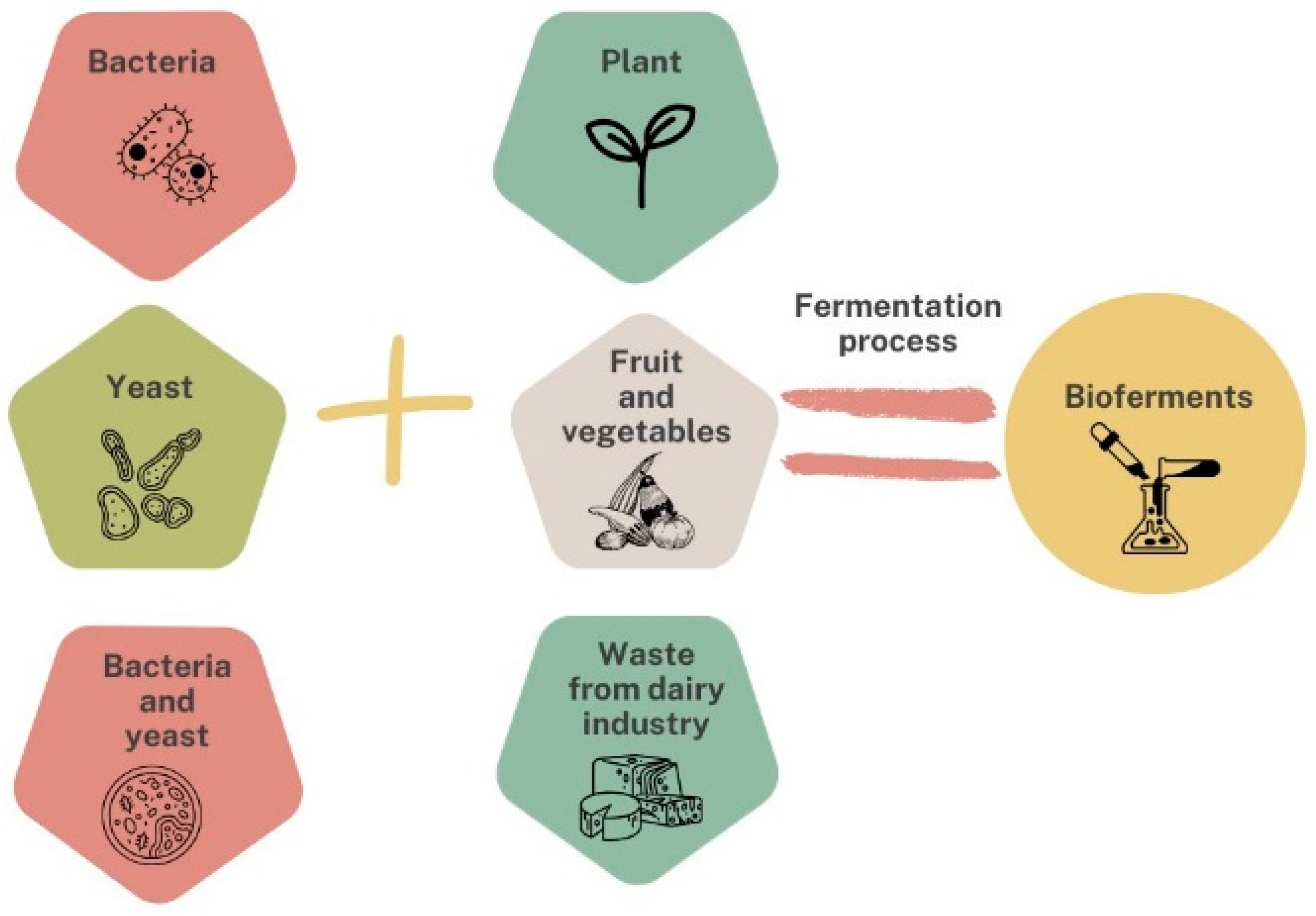In the quest for greener pastures, sustainability enthusiasts and culinary innovators find themselves at a fascinating intersection—ethically sourced botanical extracts. With the world becoming more conscious of its consumption patterns, the demand for sustainable ingredients in the food industry has never been higher. Industrial-grade Solvents are widely used to produce food products, including botanical ingredients. This article dives into this burgeoning trend, exploring how ethically sourced botanicals alter menus and revitalize ecosystems and communities.
The Rising Demand for Ethically Sourced Botanicals
The buzzword “sustainability” has transcended mere conversation into actionable change within the food industry. Consumers today are interested in what they eat and how it affects the world around them. This shift has led to an increased demand for ethically sourced botanical extracts—natural ingredients harvested with care for the environment and the people involved in their production.
Botanical extracts, which include essential oils and plant-based flavors, offer diverse applications in enhancing taste and nutrition. Their popularity is growing, driven by consumers’ desire for clean labels—products free from artificial additives. However, sourcing these ingredients responsibly is crucial.
Unethical harvesting practices can lead to deforestation, biodiversity loss, and exploitation of local communities. For the environmentally conscious consumer, knowing where and how their ingredients are sourced is as vital as the flavor itself.
Businesses are responding by adopting practices that ensure sustainability throughout their supply chains. This includes transparency in sourcing, fair trade certifications, and investments in regenerative agriculture. These efforts appeal to eco-conscious consumers and set a standard for the industry, promoting a wave of positive change.
The Importance of Sustainability in Sourcing
Sustainable sourcing of botanical extracts plays a pivotal role in preserving the delicate balance of our ecosystems. These extracts are often derived from plants that grow in biodiverse environments, which can be sensitive to overharvesting. Ensuring ethical sourcing means prioritizing methods that maintain or enhance the health of these natural habitats.
Furthermore, sustainability extends beyond land stewardship to encompass social responsibility. Many botanical extracts are sourced from regions where agriculture is a primary source of livelihood. Ethical sourcing involves fair compensation and safe working conditions for local farmers, contributing to the economic well-being of their communities.
This approach fosters a symbiotic relationship between businesses and their suppliers, ensuring long-term viability and resilience in the supply chain. A commitment to sustainability also includes reducing the carbon footprint associated with transporting and processing these extracts.
This means supporting local producers and minimizing resource-intensive practices. Businesses can uphold their environmental values by choosing sustainably sourced botanicals while delivering high-quality products to their consumers.
Practical Advice for Culinary Innovators
The path is exciting and challenging for culinary innovators looking to integrate ethically sourced botanical extracts into their creations. The first step is to identify suppliers who are committed to sustainability. Look for certifications such as Fair Trade, Rainforest Alliance, or organic labels that indicate responsible sourcing.
Building relationships with suppliers is crucial. Engage in dialogue to understand their practices and values, and visit farms, if possible, to witness their operations firsthand. This transparency fosters trust and ensures that your extracts align with your sustainability goals.
Incorporating these botanicals into your products can enhance flavor profiles and offer unique selling points. However, challenges may arise, such as limited availability or higher costs. To overcome these, consider diversifying your sources and educating consumers about the value of sustainably sourced ingredients. Highlight the stories behind your ingredients, emphasizing their environmental and social benefits.
Future Trends in Sustainable Botanical Extracts
The future of botanical extract solvents in the food industry is bright, driven by innovation and an unwavering commitment to sustainability. One emerging trend is the use of advanced technology, such as blockchain, to trace the provenance of ingredients. This technology enhances transparency, allowing consumers to verify the ethical sourcing of products.
Additionally, a growing focus on regenerative agriculture goes beyond sustainability to actively restore ecosystems. Companies invest in practices that rebuild soil health, increase biodiversity, and sequester carbon, ensuring a positive environmental impact.
The rise of plant-based diets also influences the demand for diverse botanical extracts. Consumers seeking natural alternatives to synthetic flavors and additives seek new and exciting plant-derived ingredients. This presents an opportunity for culinary innovators to explore novel botanicals and push the boundaries of flavor creation.
Final Thoughts
The demand for ethically sourced botanical extracts is rising, driven by consumer awareness and concern for sustainability. Businesses in the food industry are responding by prioritizing responsible sourcing practices that not only benefit their products but also have a positive impact on communities and ecosystems. As this trend continues to grow, it is important to ensure that Industrial-grade Solvents are not used to produce these extracts, further supporting environmentally friendly practices.

